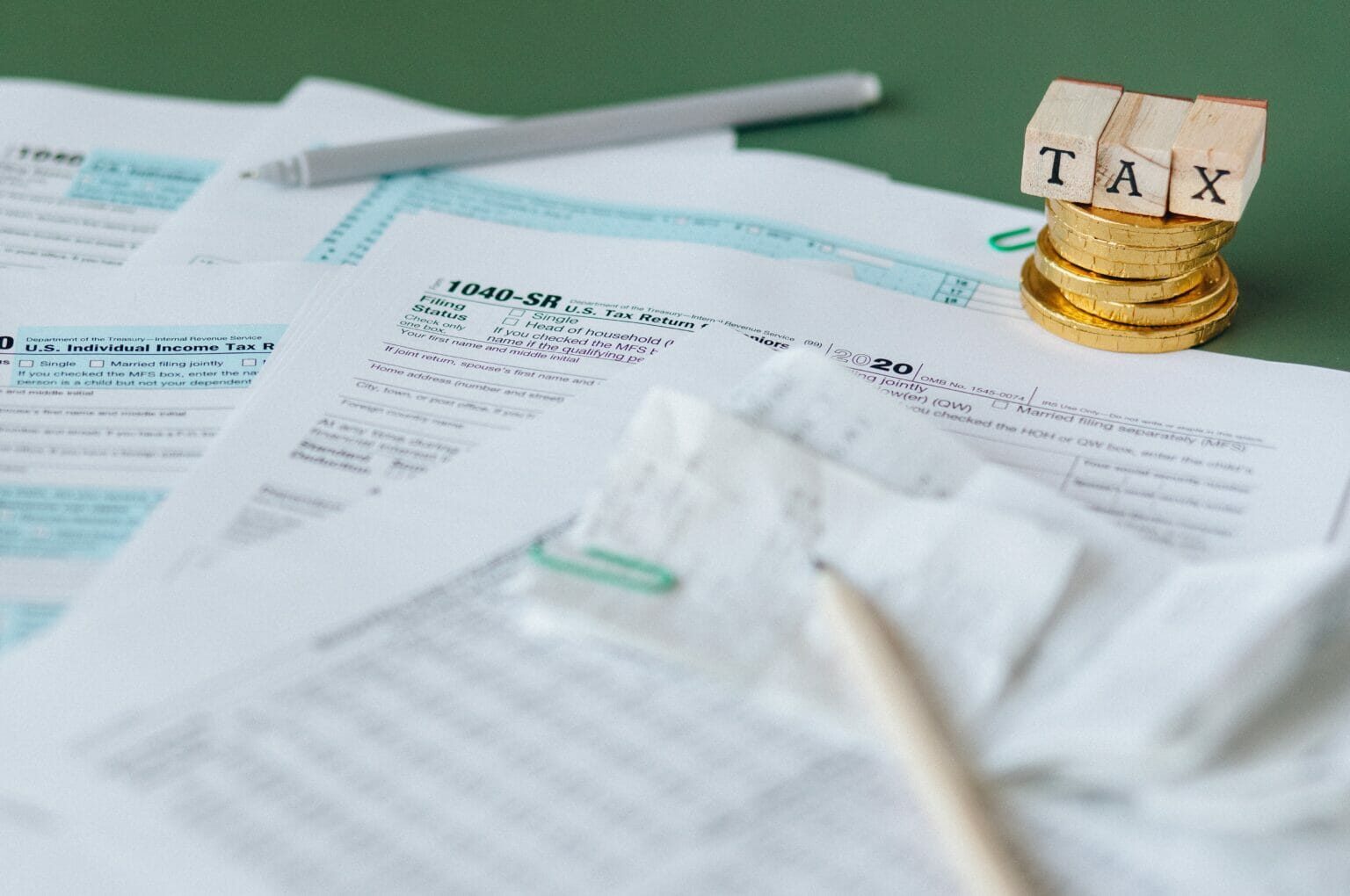The draught instructions show that the IRS is giving more information about how to report digital assets for the tax year 2022.
Since 2019, there has been a yes or no question about “virtual currency” on tax returns, and filers have to check a box to show that they have done taxable things with crypto. For 2022, the term “virtual currency” has been changed to “digital asset,” and the agency has added more information about when to check “yes.”
Notably, the term “digital asset” now includes non-fungible tokens, or NFTs, which give ownership of things like art, and stablecoins, which are tied to a real-world asset.
Matt Metras, an enrolled agent and cryptocurrency tax expert at MDM Financial Services in Rochester, New York, said, “I think that’s a good change.” “People who trade things like NFTs wouldn’t think of that as a virtual currency.”
He said that the “broader language” could include new categories like people who get digital assets from “play-to-earn” games, which have become popular in the past year.
Metras said, “The IRS will always be behind because they can’t keep up with how fast the crypto space is changing.”
The draught instructions say that filers must check “yes” if they got digital assets as a reward, award, or payment for property or services. And the agency could also ask for a “yes” if the person filing has sold, traded, or given away digital assets.

Reporting questions remain.
Even though the agency has tried to give clearer instructions on how to report digital assets, filers and tax professionals still have questions.
For 2022, for example, filers don’t have to send in a gift tax return for transfers worth less than $16,000. Andrew Gordon, a tax attorney, CPA, and president of Gordon Law Group in Skokie, Illinois, said that the question requires taxpayers to check “yes” for gifts that may be less than that amount.
This could make it hard for the IRS to process the return if there are no gifts listed anywhere else. In general, “there still seems to be a gap in taxpayers’ education,” he said.
The American Institute of CPAs is also worried about the lack of clarity for taxpayers. For example, the instructions talk about a “cryptographically secured distributed ledger,” which may make people confused.
Eileen Sherr, director of tax policy and advocacy at the American Institute of CPAs, said, “We suggest that the IRS and Treasury keep the question focused on ‘virtual currency’ until proposed and final regulations are issued defining ‘digital assets’.””
Late in August, the group told the IRS what it thought about the question and asked for changes and clearer instructions with examples before the 2022 tax return was finalised.
